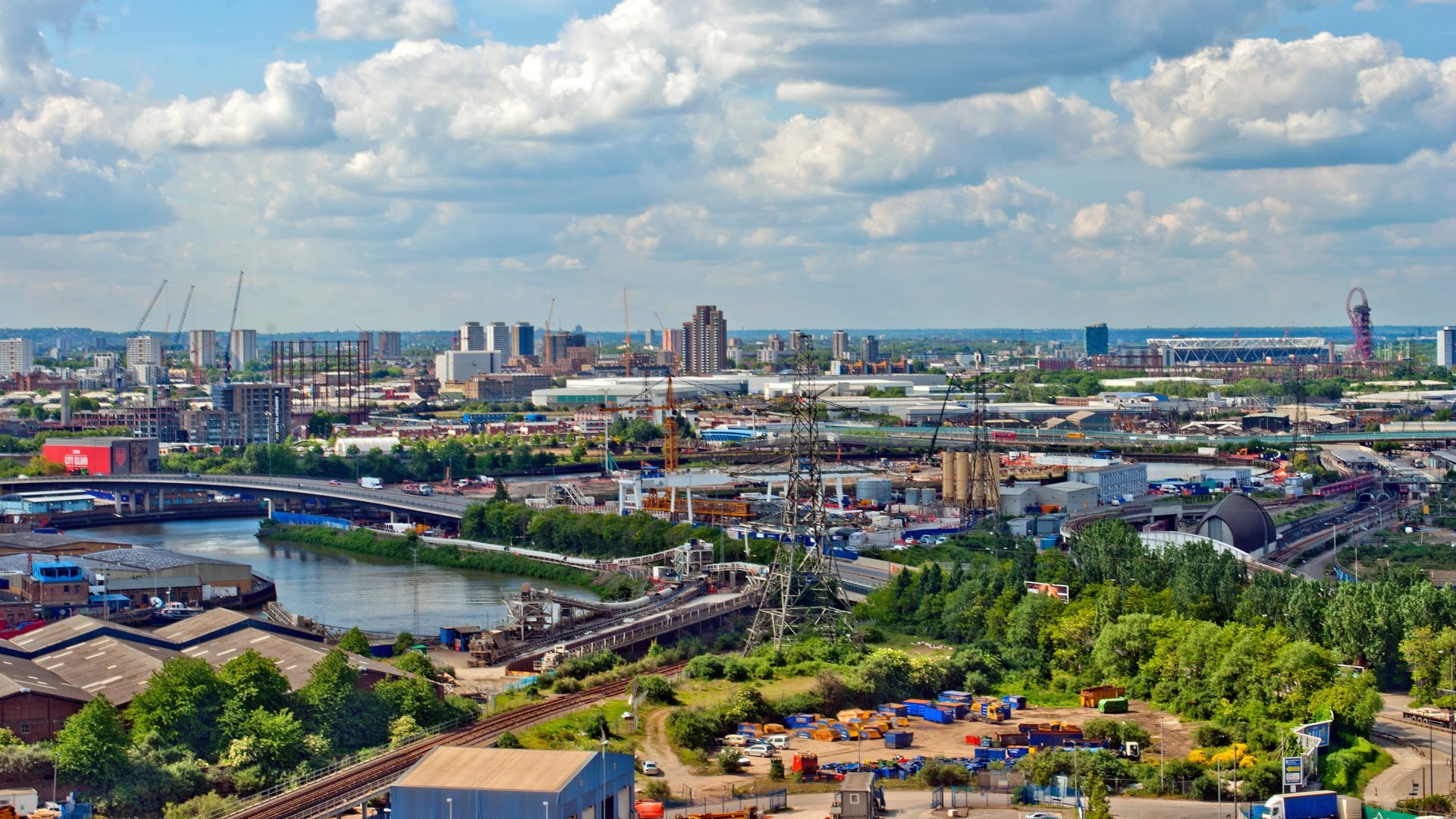Delaying investment in the UK’s transport network and water infrastructure could have safety and supply implications for the UK, according to the Institution of Civil Engineers.
The State of the Nation report, Infrastructure in 2025, published today, focuses on three key areas that need strategic investment and long-term planning: transport, energy, and water.
It draws on the technical insights of its global membership to identify some important themes.
First, the impact of climate change on the UK’s aging infrastructure is accelerating and exacerbating issues. Delaying investment in the transport network and water infrastructure could have safety and supply implications.
Second, if anything is to improve, decision makers and industry must work together to end the cycle of short termism. Long-term plans must be agreed, committed to, and delivered.
Third, the engineering community must acknowledge the public’s frustration with challenges like the sewage overflow problem and improve communication, transparency, and trust.
ICE President Professor Jim Hall said:
“Now is the time to establish a clear vision of how infrastructure can contribute to a better future for the UK. We need real prioritisation and long-term strategic thinking, and we need to apply creative solutions to the challenges we face. All this needs to be supported by committed investment.”
Tidal energy is presented as a ‘big idea’ worth exploring and as one that excites civil and infrastructure engineers. ICE members say this is an area where they feel their expertise could make a ‘real difference’.
The water sector is grappling with the complex and overlapping challenges of aging infrastructure, the need to decarbonise assets, and the impact of climate change.
While reducing sewage overflow and increasing the use of nature-based solutions and sustainable drainage systems must all continue to be priorities, the biggest long-term challenge the water sector faces is supply.
Despite the UK’s famously damp climate, the nation’s daily demand for water is expected to exceed the current supply by more than a third within 25 years.
Reducing leakage and building new reservoirs are already part of long-term plans – increasing the use of treated wastewater must also be part of the solution.



